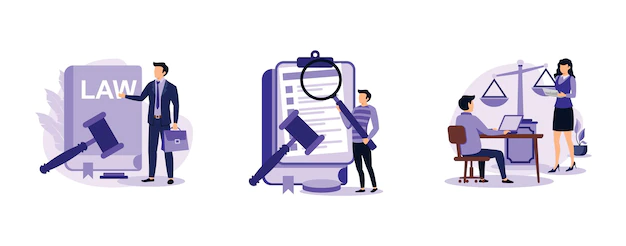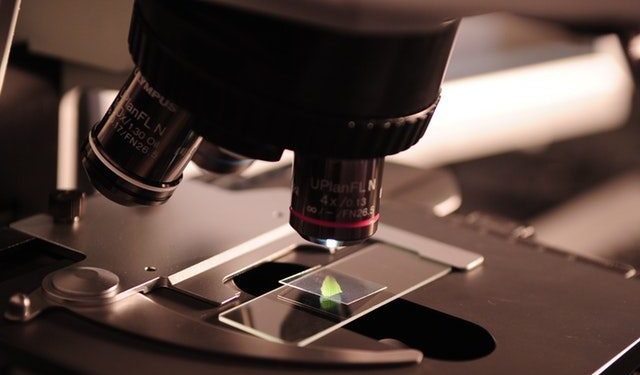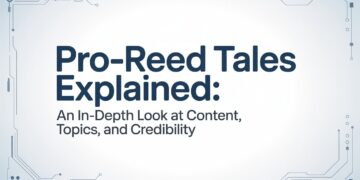Forensic Litigation
As the world of litigation becomes increasingly complex, it is more important than ever to utilize the expertise of a forensic attorney. Forensic evidence can help a party prove guilt in court. However, a skilled attorney will not only analyze the evidence but will also ask questions to identify any flaws or compromises. It is also important to remember that forensic evidence can be contaminated, compromised, or cherry-picked from other evidence.

Identifying issues
A major challenge facing the forensic community is the lack of effective communication. It is vital that all parties involved in a legal proceeding understand the scientific rationale behind the evidence, so that juries are confident in the accuracy of the results. In addition, a basic understanding of forensic science will enable them to translate and contextualize the evidence.
A forensic financial expert can help legal counsel identify hot spots that may become points of contention in assessing the financial impact of an event or incident. Identifying these areas can help legal counsel identify items that may be covered by insurance. For example, an interruption of a manufacturer’s business may trigger an insurance claim based on the value of lost production. However, a claim based solely on the value of unused inventory may leave out the manufacturer’s short-term sales as a result of the excess inventory. It is important to identify conditions such as these to determine the true extent of financial losses.
The quality of forensic testimony can also be questioned. In some cases, experts may overstate or underestimate the significance of certain features or results. This can cause false conclusions. Additionally, forensic practitioners may make mistakes, including contaminating or mixing samples. Even the most highly-validated fields of science are not immune to mistakes.
Calculating damages
In forensic litigation services, damages are calculated using expert witness testimony. These expert witnesses need to be qualified to testify, must understand professional accounting standards, and must have excellent communication skills. It’s also important that the expert’s methodology is reliable and reasonable. In other words, economic damages calculations must be reasonable and reconcile with the case’s facts.

Damage estimation is an art and a science. Accounting information is a key part of the process, but expert witnesses often use other types of information as well. This information helps them support their expert reports. They may also use unbiased information to determine damages. The final calculation will determine the appropriate amount of compensation for each party.
Another important element to consider is risk. The damages amount should be calculated using a method that accounts for the risk of future market fluctuations. For example, a self-employed carpenter might analyze his past earnings to determine highs and lows. Then, he or she can take an average of these fluctuations to account for future market fluctuations and ebbs and flows in earnings.
Analyzing prospective strategies
Objective analysis can be useful when considering the best course of action. It can help cut through the haze of uncertainty at life’s defining moments and help you move forward confidently. It can also be helpful when determining what your options are after a discovery process is complete.
Providing expert testimony
Expert witnesses can be invaluable for legal cases. However, they need to be educated about the area of their expertise. In addition to this, an expert witness must be well-versed in Federal Rules 701-706 and understand Daubert challenges. If these rules are not followed, your testimony may be thrown out.
The role of an expert witness in forensic litigation is important, and attorneys should choose their experts carefully. The expert must be guided by the attorney during the case. In addition to their expertise, they must also provide an accurate report. Without it, a case could become a complete mess.
Expert witnesses are often called upon to estimate damages in cases where liability is established. These experts often have extensive financial, accounting, and economic experience. They can also help attorneys decide how to present financial information in court.


















